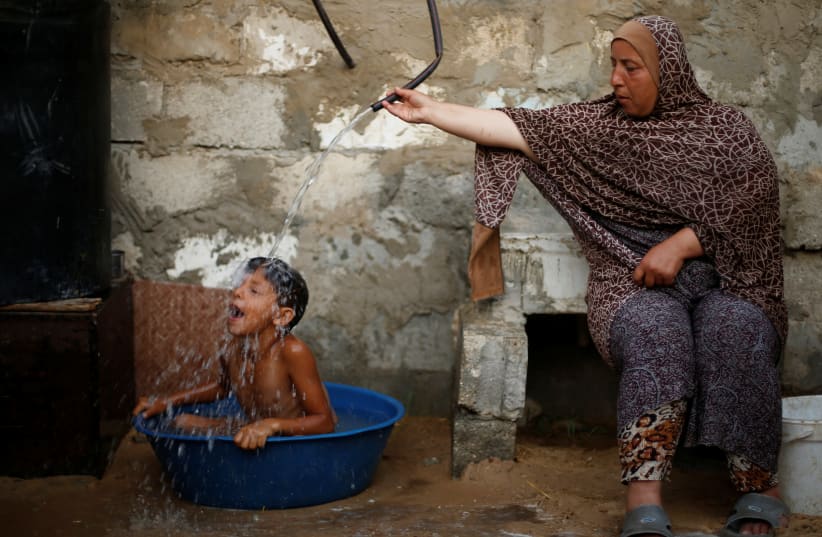U.N.'s Mladenov: Gaza war threat still high as northern border heats up
Leah Goldin responded sharply to Mladenov's comments shortly later, saying, "When I spoke with him and implored him to help bring my son's body back from Hamas, he was not willing to help me."
